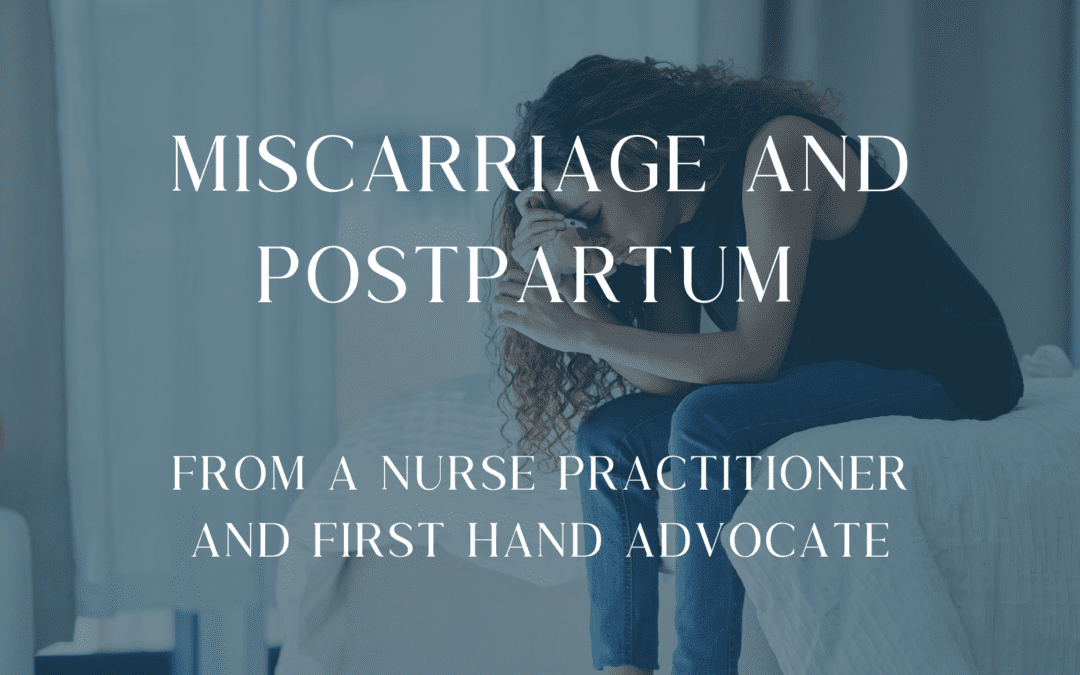download your free supplement list
Navigating Postpartum After a Miscarriage: A Journey of Healing and Self-Care for Men and Women Following A Miscarriage
Introduction:
The experience of miscarriage is a deeply emotional and challenging journey for both men and women. While the physical aspects of pregnancy loss may primarily affect women, it is essential to recognize that men also go through their unique set of emotions and challenges during this time. In this blog post, we will explore the different ways in which men and women experience miscarriage, and how both can navigate the postpartum period with compassion, understanding, and self-care.
Women’s Experience:
- a) Physical Challenges: Miscarriage often involves physical changes and recovery for women. They may experience bleeding, cramping, and hormonal shifts as their bodies return to a non-pregnant state. The physical recovery may require rest, self-care, and close monitoring by healthcare professionals.
- b) Emotional Rollercoaster: Women may experience a range of intense emotions after a miscarriage, including sadness, guilt, anger, and even relief. Hormonal fluctuations can further amplify these emotions. It is crucial to acknowledge and process these feelings and seek support from loved ones, healthcare providers, or support groups specializing in pregnancy loss.
- c) Connection to the Loss: Women often form a unique bond with the pregnancy, having experienced physical changes and a sense of connection with the growing life. The loss can feel deeply personal and may require time and self-compassion to heal.
Men’s Experience:
- a) Grief and Loss: Men also experience grief and loss following a miscarriage, although their emotional responses may differ from women. They may feel a sense of helplessness, sadness, and frustration at being unable to protect their partner or unborn child.
- b) Supporting Their Partner: Men often take on the role of providing emotional support to their partner during this challenging time. It can be emotionally taxing to witness their partner’s pain and grief, while also coping with their own feelings of loss. Open communication, patience, and seeking support can help men navigate their role as a supportive partner.
- c) Societal Expectations: Society may place expectations on men to be stoic and unemotional during times of loss. This can make it challenging for men to express their emotions openly. It is important to challenge these societal norms and create a safe space for men to share their feelings and seek support without judgment.
Mutual Support and Understanding:
- a) Open Communication: Both partners should engage in open and honest communication about their emotions, fears, and needs. Creating a safe space to share without judgment can strengthen the bond between partners and foster mutual understanding.
- b) Seeking Support Together: Couples can seek support together by attending therapy sessions, support groups, or seeking guidance from healthcare providers. Participating in shared activities that promote healing, such as creating a memorial or engaging in self-care practices, can strengthen the emotional connection between partners. Many of my patients attend appointments together as a couple. This helps create a better understanding of next steps moving forward and allows for a unique connection as a couple.
- c) Honoring the Loss as a Couple: Finding ways to honor the loss together can provide solace and healing for both partners. Engaging in rituals, creating a keepsake, or finding other meaningful ways to remember and acknowledge the unborn child can be a healing process for couples.
Miscarriage is a deeply personal and complex experience that affects men and women differently. Understanding and acknowledging these differences can foster empathy, communication, and mutual support between partners. By recognizing the physical and emotional challenges faced by women and the unique emotional journeys of men, couples can navigate the postpartum period after a miscarriage with greater compassion and understanding. Together, they can create a healing environment that allows each partner to process their grief, nurture their emotional well-being, and find hope and resilience in the face of loss.

